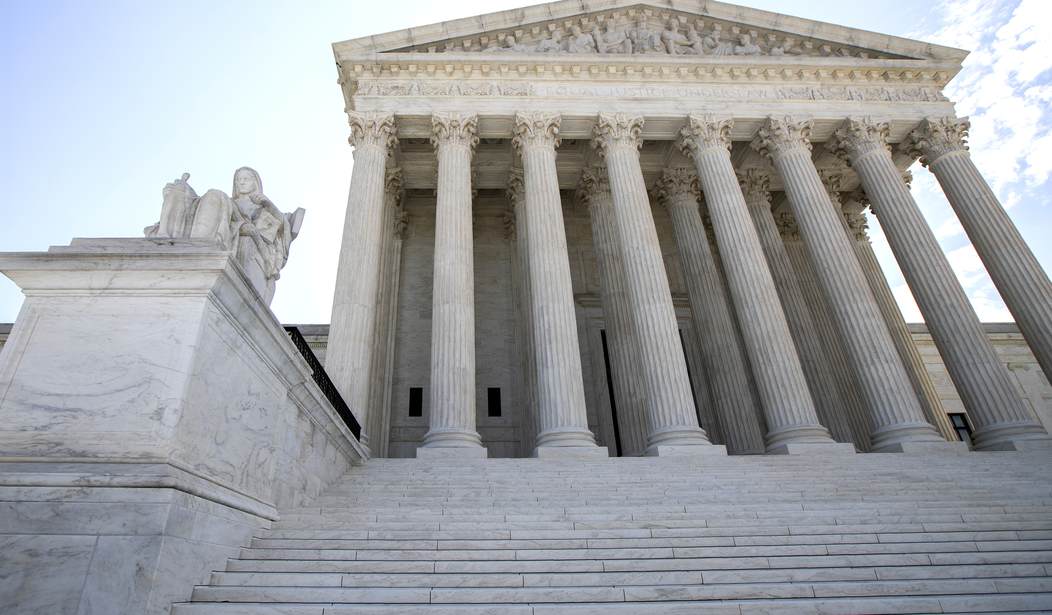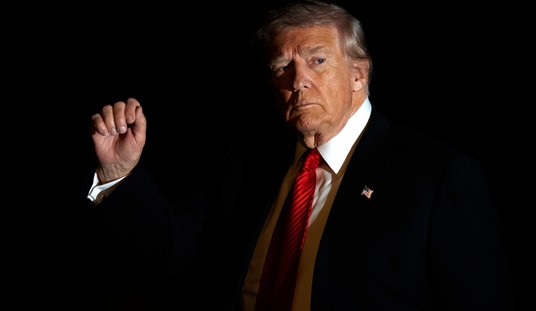The Seventh Circuit Court of Appeals yesterday blocked another lower court injunction which sought to prevent changes to Indiana election law from going into effect. The changes — this time finally — had nothing to do with COVID-19. But the Indiana legislature was attempting to cut-off a path to state court by litigants on election day who try to get a friendly state court judge to order polls to remain open past the closing time set forth in state law.
Indiana election law provides that the state’s election polls are to be open for twelve hours, from 6:00 am to 6:00 p.m. In 2019 the legislature amended its election code and set standards for issuing orders extending the hour polls close. What the parties call the “standing amendment” provides that “[o]nly a county election board has standing in an Indiana court … to file an action or petition to request the extension of the hour for closing the polls … ,” and only if the board’s members unanimously vote to file suit.
Under what the parties call the “remedies amendment,” before a court may issue an order extending the hour for the polls to close, a number of rulings are necessary, including a finding that the polls were substantially delayed in opening or subsequently closed at some point during the 12 hours during normal polling hours, and any extension must be limited to not more than the duration of time the polls were closed and only for those polls whose opening was delayed.
By taking these steps, the Indiana legislature cut off a path to the State courts by entities who seek on election day to have polling places remain open beyond their normal closing time. In Indiana law, state court judges could not grant relief to any party other than a county election board because the statute says no other party or person has standing to seek such a remedy in Court.
More than a year after Indiana enacted these amendments, Common Cause brought suit in federal court seeking a preliminary injunction enjoining the enforcement of these statutes. Plaintiff argues the amendments (1) unconstitutionally burden the fundamental right to vote, (2) divest state courts of jurisdiction to hear federal claims in violation of the Supremacy Clause, and (3) deprive voters of procedural due process.
On September 22, 2020 the district court granted plaintiff’s request for a preliminary injunction on the ground that the amendments unconstitutionally burden Indiana residents’ fundamental right to vote. The court found that at least some voters were likely to experience delayed poll openings, closures, or other issues at the polls. Those voters would be disenfranchised, the court decided, if they cannot sue for an extension of voting hours on election day.
So the court enjoined defendants from implementing, enforcing, administering, invoking, or giving any effect to the amendments. The defendants moved to stay the district court’s ruling pending appeal. The district court denied this stay request and supplemented its reasoning in support of the injunction. The court found that the amendments violated the Supremacy Clause. The district court also concluded that Purcell v. Gonzalez, which generally prohibits federal courts from changing state election rules close to the date of an election, did not apply here because the preliminary injunction did not alter any ongoing election activity or pose a risk of creating voter confusion, as these amendments concerned activities on the day of the election.
The Seventh Circuit did not respond kindly to the “hypothetical” injuries about which the District Court expressed concerns.
The district court rested its conclusion that the amendments burdened the right to vote on the possibility that some imaginable circumstance exists in which those provisions might affect voters. But Anderson-Burdick does not license such narrow second-guessing of legislative decision making. The district court’s reasoning fell into that trap. See Dist. Ct. D.E. 73, p. 17. Rather, “[o]ne less-convenient feature does not an unconstitutional system make.” Luft, 963 F.3d at 675;
The Court also disagreed that the statutes interfered with the rights of voters to seek relief under appropriate facts in federal court.
What plaintiff desires—and what the district court held is essential—is a private right of action to enforce the amendments. But we are not aware that the Supreme Court or any court of appeals has held that the Constitution requires a state to provide a private right of action to enforce any state law…. And to the extent that federal law will require Indiana to provide such an extension, voters can always invoke their federal rights in an action under 42 U.S.C. § 1983.
One interesting angle to the case on the Purcell issue — that courts should not impose changes to state election law in close proximity to the date of the election — is the way the Court described its application of Purcell. While noting three earlier cases where the Court had relied in part on Purcell to overturn district court changes, the Seventh Circuit said:
These three decisions emphasized the presumption against upholding last-minute injunctions, such as the injunction here. As discussed in Common Cause Indiana v. Lawson, just like voters had many months since the SARS-CoV-2 pandemic ensued in this country this March to adjust to the election rules, plaintiff had more than a year to challenge these amendments. The problems plaintiff alleges with the amendments are not new, yet plaintiff asks that these duly enacted statutes be suspended on the eve of the election.
Saying that the Court is employing an adverse “presumption” in cases dealing with election law changes is a pretty big marker in this jurisprudence. It is language that every district court is now going to have to consider when choosing to issue an injunction. There is no “hard and fast” rule as to what day on the calendar is too late, but the fact that the Court would use such language in a case like this means every case from this point forward in the Seventh Circuit is going to start from the default position that the district court action should not be upheld.














Join the conversation as a VIP Member